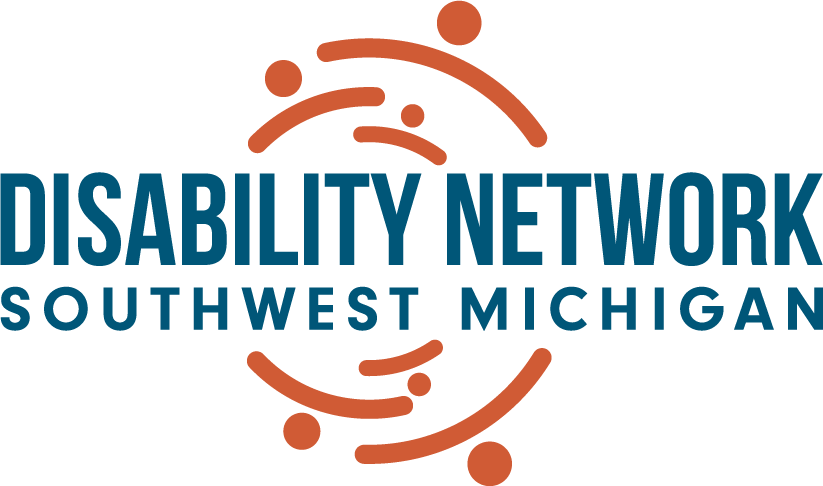
Guardianship is the legal court proceeding which grants one person (the guardian) power to make legal decisions for another (the ward), thereby removing the right of decision-making from the ward. Removing a person’s rights should only be done when absolutely necessary.
Often the decision to seek guardianship is made for minors with disabilities who are approaching adulthood or elderly persons who have acquired a disability as they’ve aged. In both cases, the family is generally acting from genuine concern for their loved one; however, removing someone’s rights makes them vulnerable and powerless. Most people with a disability are able to take care of their own lives without a guardian.
Creating a person-centered plan for people who may need assistance in decision-making is a good way to prepare everyone—the person with a disability and the family—for the next stage in their lives. This might include executing documents such as a Release of Information, Advocacy Authorization or a limited Power of Attorney which will allow someone else to be involved in decision-making only to the degree necessary without stripping the person of their legal rights.
Supported Decision-Making is a process in which guidance and advice are given to a person in making their own decisions. This may involve any number of people involved in the person’s life providing input.
An experienced attorney in the field can help families explore other options and make a more informed decision.
Dohn Hoyle, a respected leader in the disability rights movement, has been advocating for alternatives to guardianship for more than 30 years. In his paper, Reflections on Autonomy, Hoyle states, “It is not permissible to remove persons’ rights for the crime of having a disability or the crime of aging and gaining disabilities. Our status as a person or a citizen shouldn’t change due to either circumstance. We should not be relegated to losing our “inalienable rights.”
For more information and resources regarding alternatives to guardianship, visit Michigan Alliance for Families.
You can learn more about alternatives to guardianship at the upcoming presentation by Dohn Hoyle titled Rethinking Guardianship.
